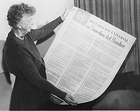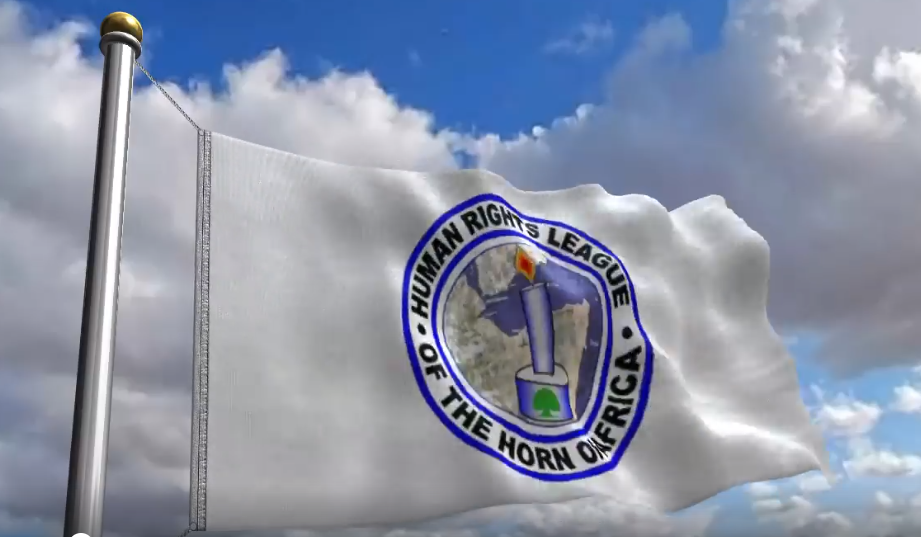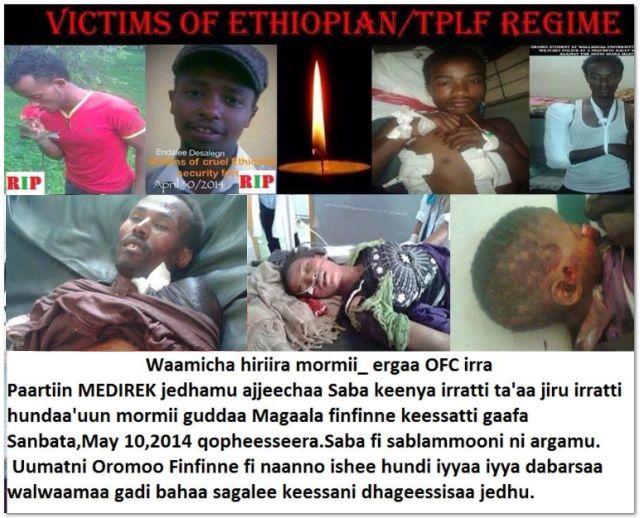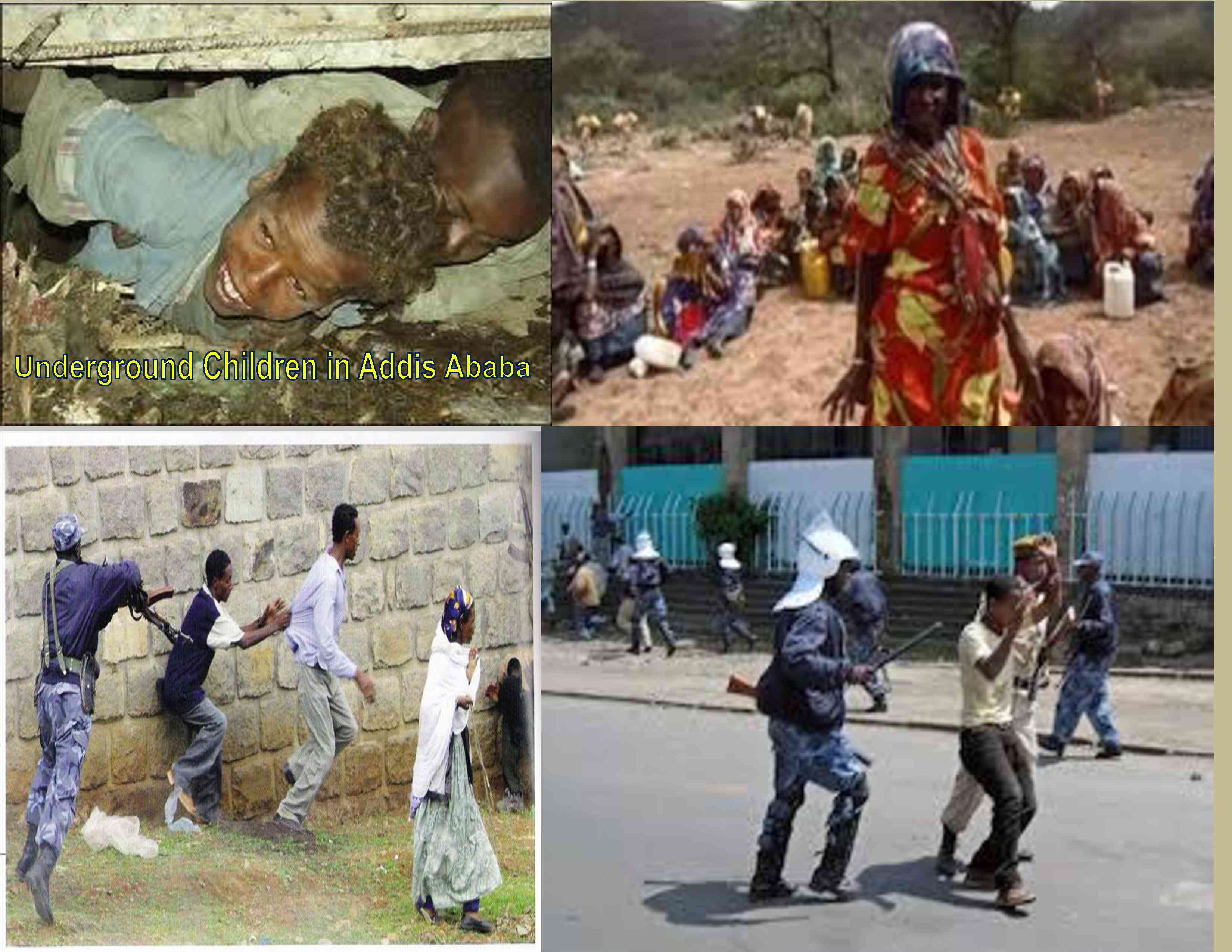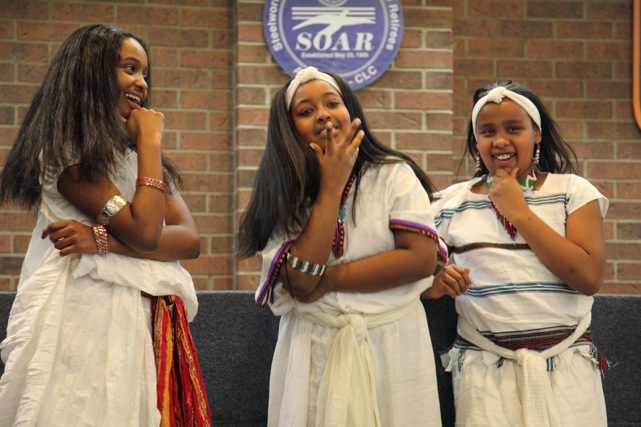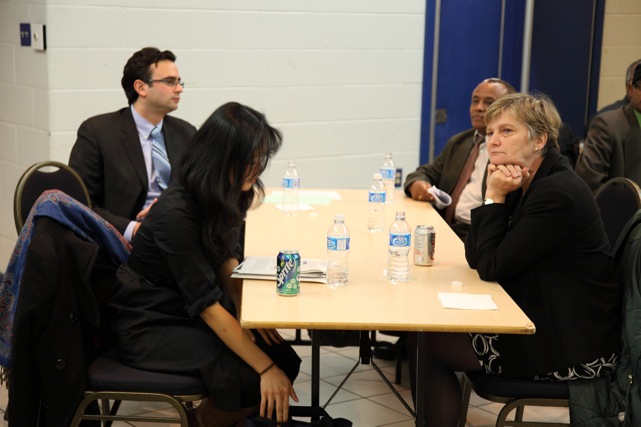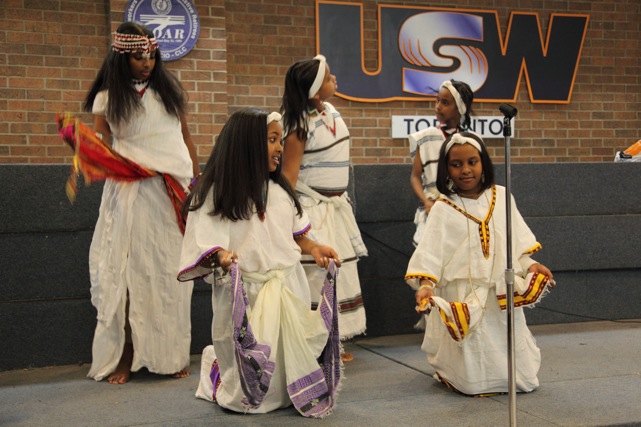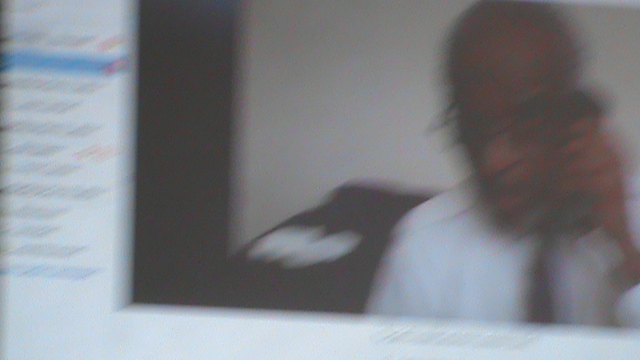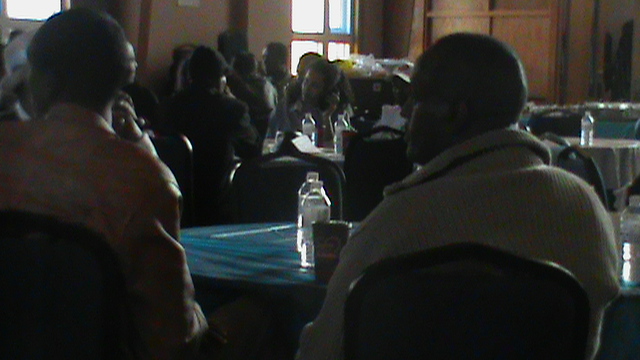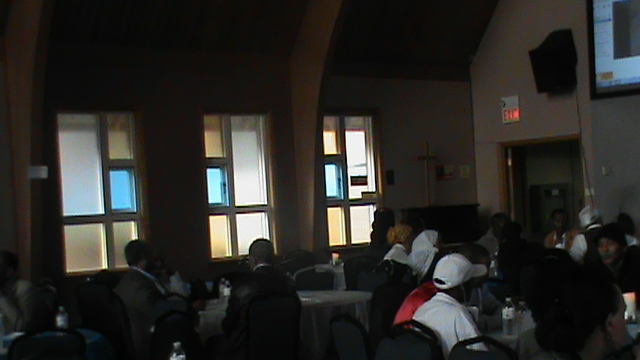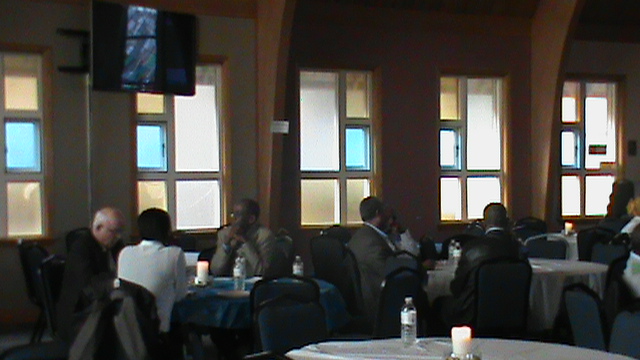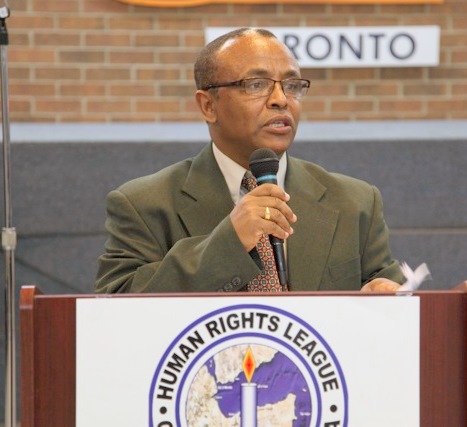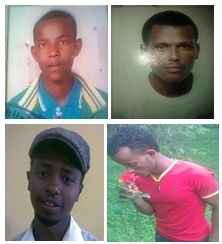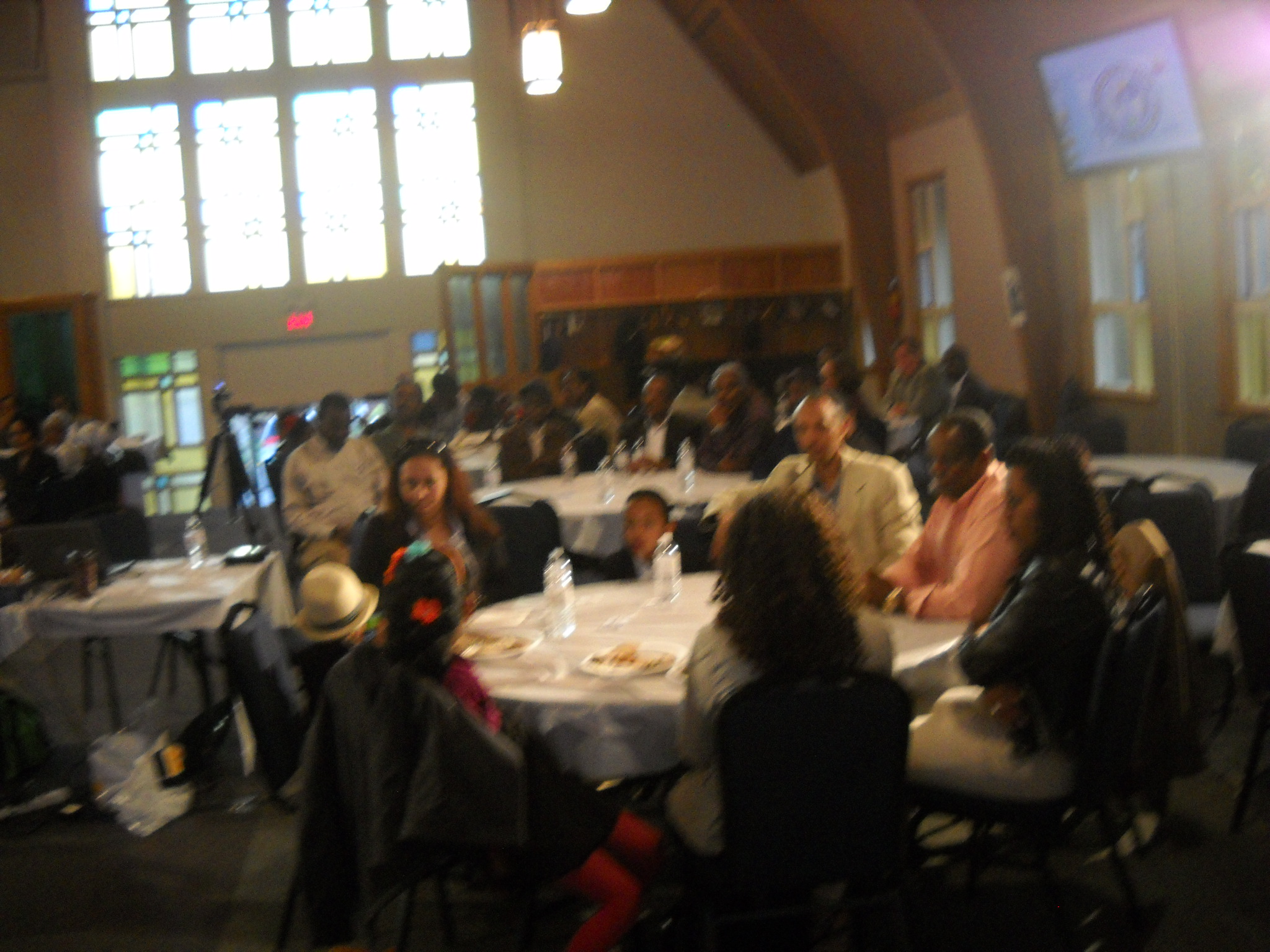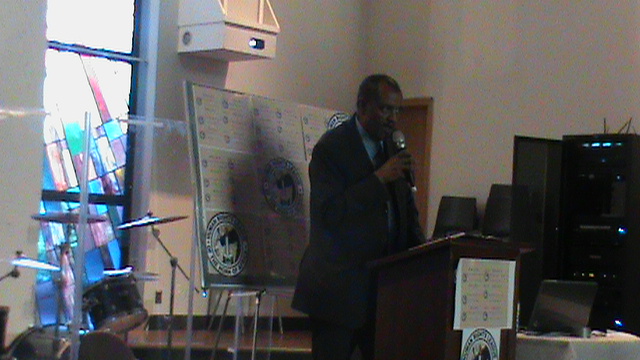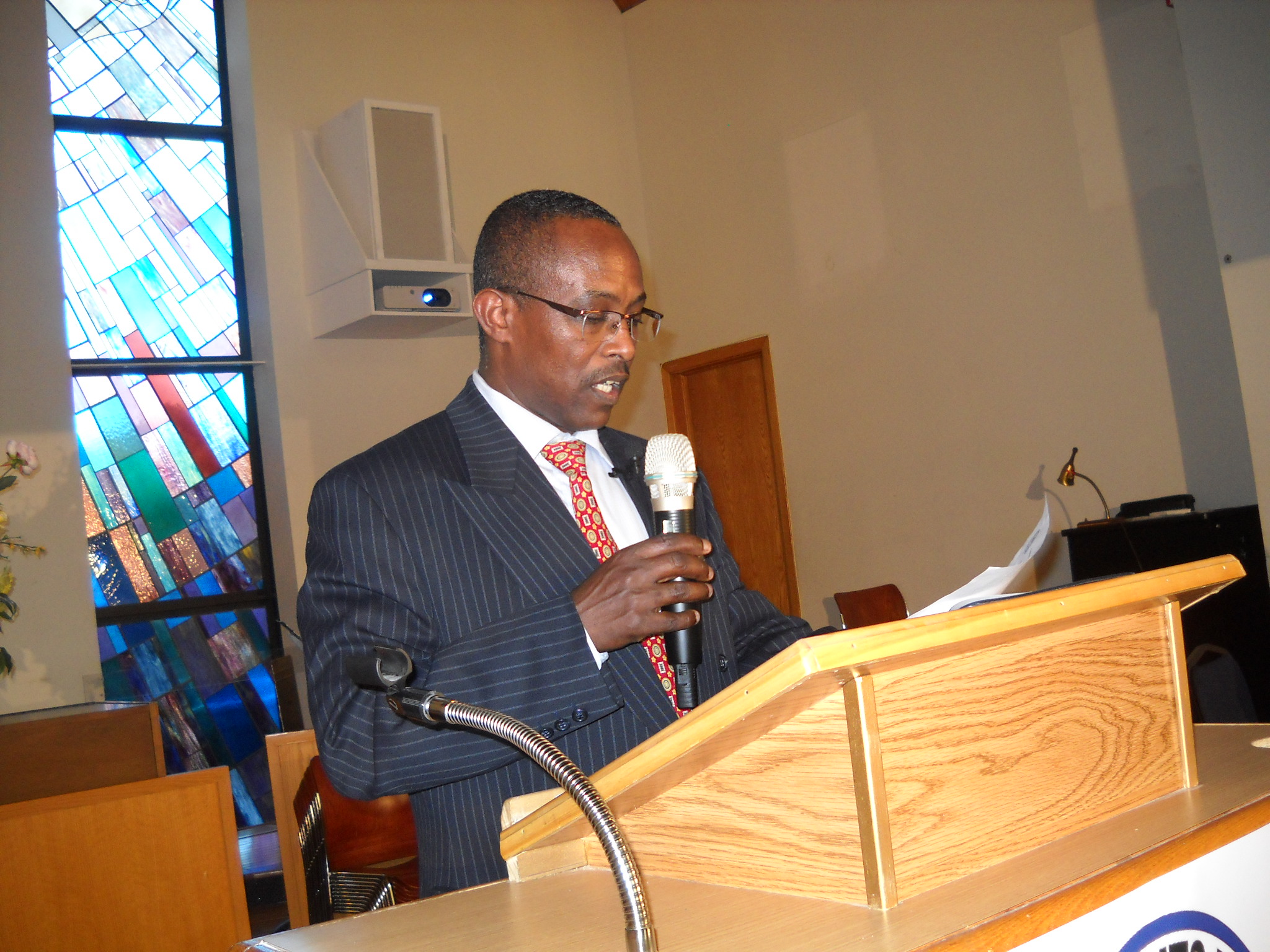HRLHA statement
__________________________________________________
December 9, 2017
Let’s Renew our Commitment to Fight for Eequality, Justice and Human Dignity
We are on the eve of celebrating the 70th anniversary of the Universal Declaration of Human Rights. I believe that most people would agree that, during this long journey after the creation of the UDHR, human dignity has not been fully respected for many reasons. The past 70 years of the Universal Declaration of Human Rights have been years in which the nations of the world have witnessed several inhuman and degrading tragedies- actions perpetrated against civilians by their own governments contrary to the human rights listed in the Universal Declaration of Human Rights. This milestone document that proclaimed the inalienable rights to which everyone is inherently entitled as a human being — regardless of race, colour, religion, sex, language, politics, national or social origin, property, birth or other status- is, for the citizens of many countries, merely a piece of paper. Though the UDHR is not a binding document, it was the basis for many covenants that are binding documents. Since the UDHR was proclaimed in December 10, 1948, states have made various international commitments on behalf of their citizens. They have signed and ratified a number of international treaties, covenants, and conventions that covered a wide range of rights that supposedly ensured the honoring of those rights. Had all those commitments been met, the world would have really been different, and the world’s peoples could have had peaceful, stable, and comfortable lives, their legal systems could have offered everyone the same and equal protection, and we could have had transparent and democratic political systems that would serve the interests of the ordinary citizens.
Sadly enough, what we see today after 70 years of the UDHR is the reverse of what was written in those documents which were meant to be implemented. “What went wrong?” might be everyone’s question that needs to be answered. The world’s peoples, on behalf of whom those treaties, agreements, commitments, etc. were made, are still entitled to know the root causes of those failures, and to make sure that they will be fixed.
Among the many distinct shortcomings in regards to the realization of the UDHR is the lack of a genuine political commitment and willingness, by world leaders, to abide by and implement the international human rights standards and/or treaties they have signed and ratified on behalf of the citizens of their respective countries. Such negligence and irresponsibility have been, and are still being, exercised by some world leaders in general, and of the developing countries at most. Human rights abuses against citizens continue to expand, deepen, and worse, exacerbating socioeconomic and political crises, injustices, inequalities, instabilities, insecurities, and the like, most of which are perpetrated against ordinary citizens by their own governments. The best examples are the gross human rights violations against civilians perpetuated in sub-Saharan countries such as Ethiopia, South Sudan, Somalia and other places. In these countries, forced displacements, killings and imprisonments are rampant. The value of human beings has been diminished, and people are killed, disappeared, evicted from their livelihoods every day by government agents.
In addition, cross border investment policy (Globalization) of the modern world has become a threat to the people of the world, particularly to the people of the developing countries in Africa, Asia and Latin America. Several Trans National Corporations have become human rights abusers in the countries they are investing- in cooperation with the authorities of those countries. Their abuses include: evicting citizens from their properties without consultation and fair compensation, using cheap labor and polluting the environment. Despite these abuses have been felt mainly in what is known as developing countries, such socioeconomic and political ailments have become borderless, thanks to “globalization”.
Faced with such global challenges that are threatening the existence of not only the present but also the future generations, all stakeholders – national, regional and/or international, groups and/or individuals, big and/or small – need to reconsider the path we have been following. The UN and all its sub-agencies in particular should play a leading role in this regard.
Coming back to the implementation of the UDHR, the HRLHA would like to recommend that the United Nations create a mechanism to force states to implement the international treaties they have signed and ratified. Also the UN should renew its commitments to monitor, investigate, and even expose all forms of human rights violations, and ensure that perpetrator states are held accountable.
HRLHA is a non-profit and non-political organization (with the UN Economic and Social Council (ECOSOC) Special Consultative Status) that attempts to challenge abuses of fundamental rights of the peoples of various nations and nationalities in the Horn of Africa. It is aimed at defending basic human rights, including freedoms of thought, expression, movement and organization. It is also aimed at raising the awareness of individuals about their own basic human rights and those of others.
The Universal Declaration of Human Rights Turns 70
